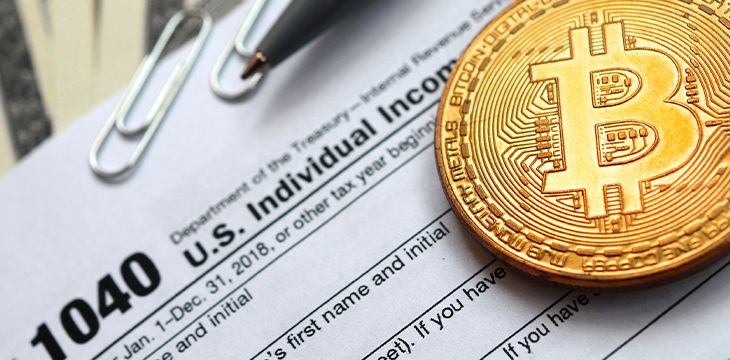|
Getting your Trinity Audio player ready...
|
“There is a common myth that Bitcoin will allow individuals to avoid paying taxes,” Dr. Craig Wright begins his blog post. In a detailed and concise manner, he went on to debunk this myth and illustrate how he created Bitcoin to enhance compliance and how it makes it easier for authorities to enforce taxation regulations
Titled ‘Bitcoin and Tax,’ the blog post delves into how Bitcoin’s immutable ledger allows for authorities to link transactions with specific individuals and how incoming regulations make it mandatory for wallets and exchanges to associate these transactions with individuals.
Dr. Wright started off by reminding us that “the traceability of all payments in Bitcoin provides a scenario where any individual that attempts to falsify tax records, or to underpay tax illegally, could be quickly determined, and payment of owed taxes can be automated.”
Many have falsely associated Bitcoin with anonymity and consequently, they believe that it allows them to evade taxes. This could not be further from the truth, Satoshi Nakamoto writes. What the Bitcoin whitepaper details is the necessity of firewalling identity from the chain. However, this doesn’t remove the ability to identify individuals, but it is rather done in a way that’s not public.
Dr. Wright further pointed out that the Bitcoin industry is subject to the same rules as other financial service providers. They include anti-money laundering rules that require exchanges to associate any amount larger than $200 with an individual. The incoming Fifth Money Laundering Directive (5MLD) further requires all custodian wallet providers to engage in AML activities. Every exchange is a custodian wallet provider, there are no exceptions to the rule, Dr. Wright points out.
In Bitcoin, tax authorities have a powerful tool in ensuring compliance. The reason is that tax authorities can now match all of the transactions leaving a client. Since some organizations will always comply and pay their taxes, the authorities will be able to match the incoming and outgoing transactions for each of the businesses in a country. Transactions that don’t match will eventually be caught.
In a case where Alice runs a compliant business and pays all her taxes, recording it on the blockchain, the tax authorities can be able to nab Bob if he fails to pay his taxes.
“If Bob doesn’t report all of his transactions with Alice, in an attempt to underpay tax, the tax authorities now have a list of hashes from Bob and Alice, where the difference can quickly be analysed. The tax authority will now go to Alice and ask for additional information.”
See also: Dr. Craig Wright keynote talk at CoinGeek Live, The Importance of Bitcoin as a Timestamp Server
https://youtu.be/OXNx7nwnV70

 02-21-2026
02-21-2026 




